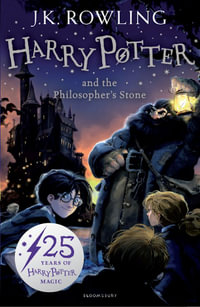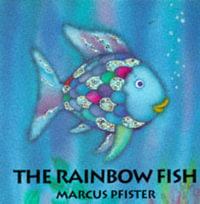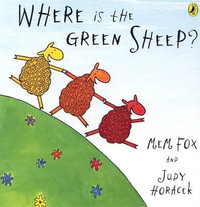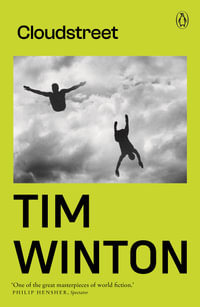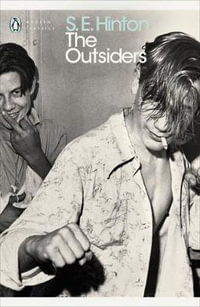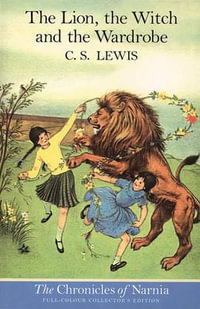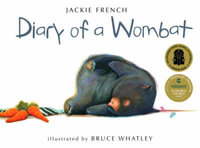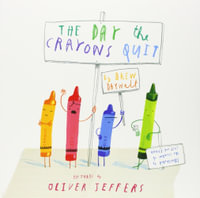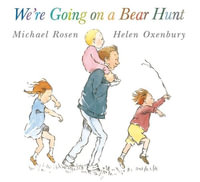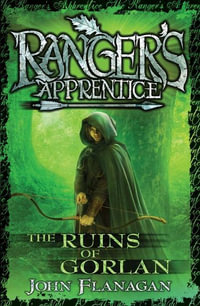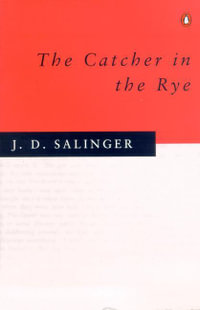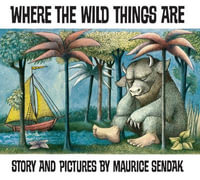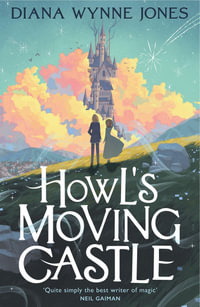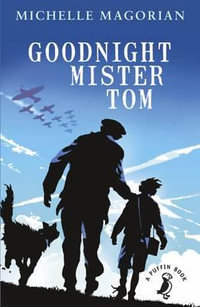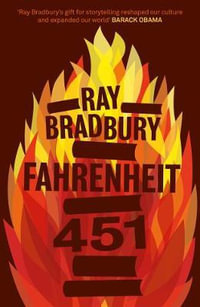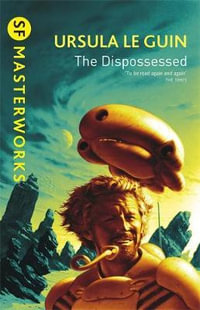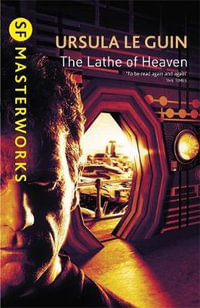Winner of the Nobel Prize for Literature
In this, his first novel, William Golding gave the traditional adventure story an ironic, devastating twist. The boys' delicate sense of order fades, and their childish fears are transformed into something deeper and more primitive. Their games take on a horrible significance, and before long the well-behaved party of schoolboys has turned into a tribe of faceless, murderous savages.
First published in 1954, Lord of the Flies is now recognized as a classic, one of the most celebrated of all modern novels.
About the Author
William Golding was born in Cornwall in 1911 and was educated at Marlborough Grammar School and at Brasenose College, Oxford. Before he became a schoolmaster he was an actor, a lecturer, a small-boat sailor and a musician. A now rare volume, Poems, appeared in 1934. In 1940 he joined the Royal Navy and saw action against battleships, submarines and aircraft. He was present at the sinking of the Bismarck. He finished the war as a Lieutenant in command of a rocket ship, which was off the French coast for the D-day invasion, and later at the island of Welcheren.
After the war he returned to Bishop Wordsworth's School in Salisbury and was there when his first novel, Lord of the Flies, was published in 1954. He gave up teaching in 1961.Lord of the Flies was filmed by Peter Brook in 1963. Golding listed his hobbies as music, chess, sailing, archaeology and classical Greek (which he taught himself). Many of these subjects appear in his essay collections
Industry Reviews
A fantasy is a singular- and singularly believable spellbinder, and within the framework of its premises- achieves a tremendous impetus and impact. During an atomic war, a group of boys aged from about six to twelve crash-land on an uninhabited tropical island. There Ralph, a responsible boy, is chosen chief- and a certain routine established; a fire is made and to be kept going as a signal, huts are to be built, and certain of the boys are to hunt wild pig?? But as the days pass in increasing discomfort, there is increasing dissension between them; the "littluns" are frightened by the untold terrors of the dark, and the fear of breasties and bogeys spreads; the duties are neglected; and the older boys, save Simon and Piggy and Samneric (twins) desert Ralph, appoint a new leader, and run amok hunting savagely. In their primitive regression, they feel they must propitiate the beast and a ritualistic dance precedes the murder of Simon; Piggy, his specs taken, falls to his death; and finally Ralph is left to face the pack when a cruiser lands- to rescue them all.... A first novel, originally conceived and convincingly sustained, this should find an audience as vulnerable as its young derelicts. The publishers parallel this- not without justification- with Richard Hughes' High Wind In Jamaica. (Kirkus Reviews)

